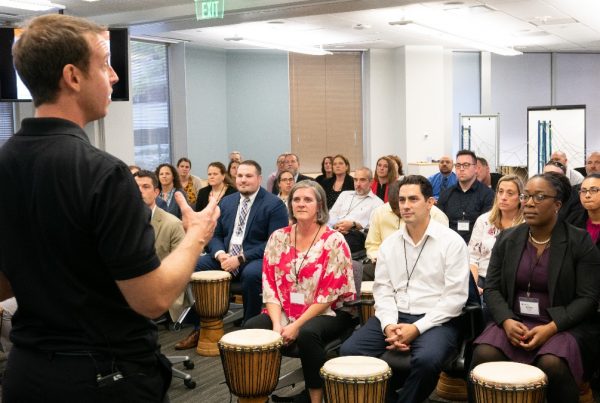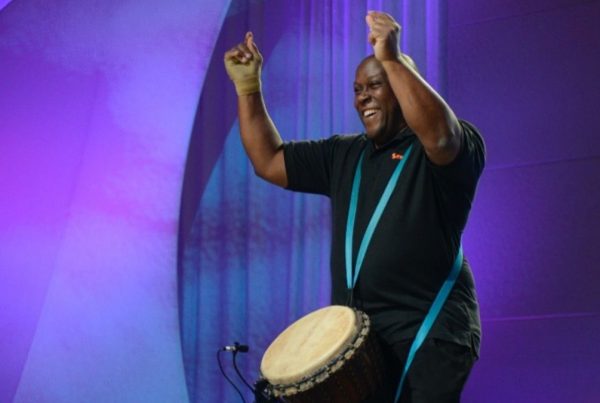Change is truly the only thing that doesn’t change. And it seems to often evoke responses of discomfort, anxiety or fear. Sometimes we can’t control the change that occurs around us, but we can control our response to it. By choosing how we see change we can reframe our view, and see change in the context of opportunity for gain instead of fear of loss.
One of the key elements that drives our response to change is how we describe change to ourselves. There’s change as an objective event or occurrence, then there is the language we use to describe and talk about that event. The words we choose to use when describing change have an impact on our perception of the objective occurrence of that change. By choosing our language carefully, we can help ourselves recontextualize change, choosing to see it with a sense of opportunity instead of a sense of trepidation.
When talking about change, I personally find it helpful to use the word evolution. This choice of language brings with it associations of moving forward, of improvement, and of positive things on the horizon. It doesn’t mean that there won’t be challenges along the way – I’m certainly not recommending sticking one’s head in the sand or playing Pollyanna – but this simple choice of language tends to evoke a mindset of openness and engagement. Bolstering our outlook in this way is key if we want to be available for the opportunity that evolution brings.
At the end of the day, change might not be easy, but by choosing the context in which we view change as happening, we may not only make our lives easier, but we may also set ourselves up for success that surpasses where we are today. If we can’t change change, at least we change the context in which we approach it.





